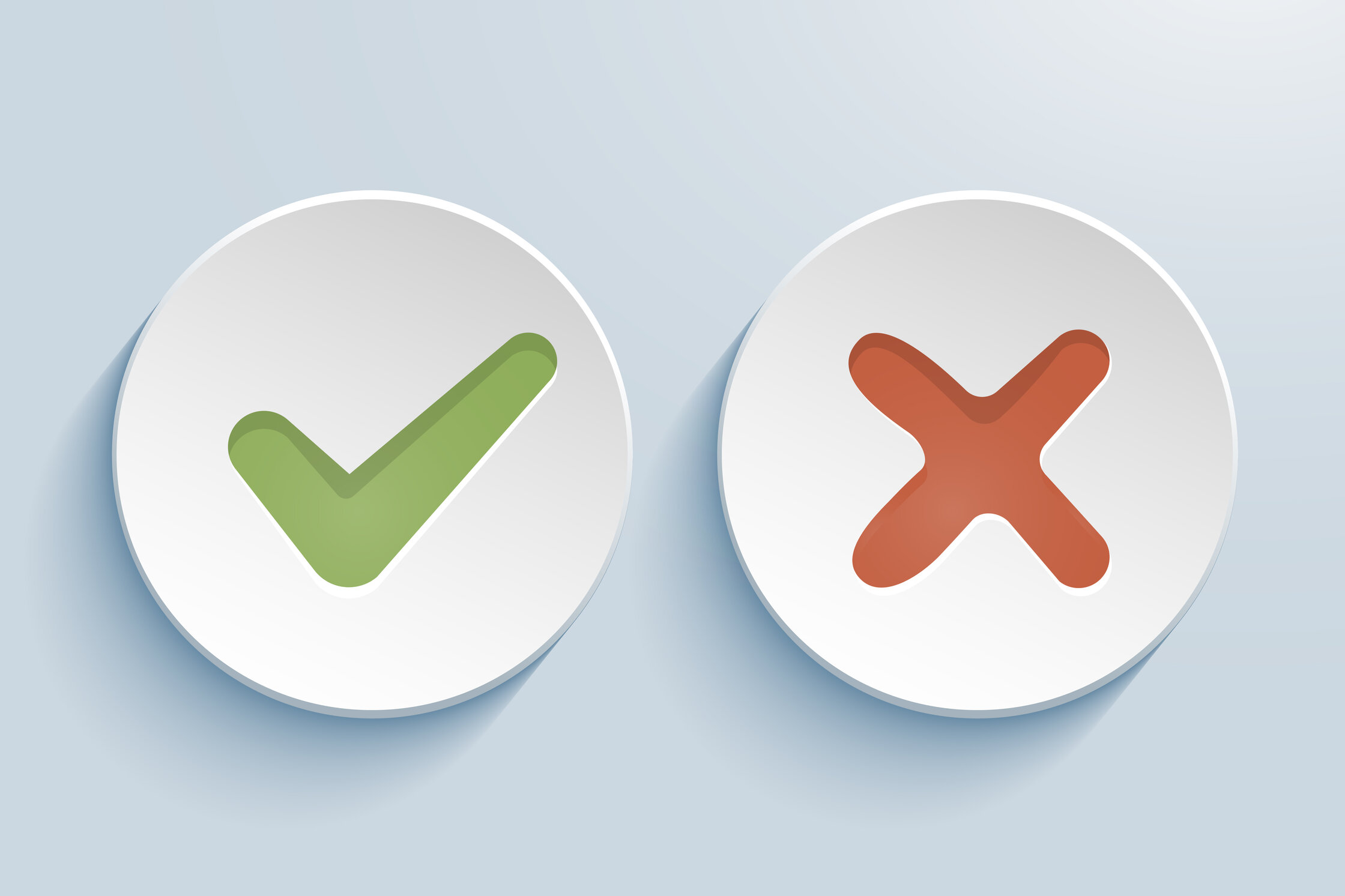The Discourse on Performative Activism: To Embrace or Not to Embrace?
By Hanna Wahab
With the rise of movements in recent years such as #BlackLivesMatter, #MeToo and #WomanLifeFreedom, informative posts have been produced, shared and reshared, it is with no doubt that changes were brought about with some assistance of outcry on social media, with new legislation, and large and powerful corporations building a new legacy of speaking out against injustices. However, along with the changes, the action of “Performative Activism” is also on the rise.
Performative Activism…What is it? You can think back to July of 2020, do you remember when you scrolled down your Instagram feed and all you saw were posts of black squares with little to no information in the caption, just a tag? In 2020, over 11.3 million black squares were posted in “#BlackOutTuesday” by mid morning, where users were encouraged to post a black square and use a tag to show support for the Black community. However, how effective is this when a scroll through the feed did not provide a single insight into the long fought movement? Many activists and supporters for the movement protested against this trend, claiming that it buried news sources, updates, resources and donation links.
Although we cannot say for sure whether the intentions were good or not, this was still just another ‘trend’, drowning the voices of those that needed to be heard, and it was beyond the reason of ‘spreading awareness’, when it was in fact doing the opposite. Oversimplifying movements through graphics, tweets and tiktok dances is harmful when looking at the bigger picture, it is easy to believe that this overall level of information is the full picture, and all that one needs to know, when there is a lot more depth to it. This ‘laziness’ of considering oneself as an activist. Yet not bothering to complete further research on a movement, is what also drowns out the voices of legitimate activists and community members, who are researching, fighting and protesting on the streets. Yet this acceptance of the Performative Activism culture has made it more difficult for people to ‘care’ about what is going on, and find essential information and resources on how to help. We can go back to the example of the #BLM movement, aside from #BlackOutTuesday, there were instances where performative activists would post a TikTok video stating their support for the movement, but it would be insensitive or completely wrong, perhaps a video of a makeup artist making themselves look racially Black, or another video of someone dancing to a movement song, it begins to make activism look like a parody, and as doing things like this is popular, it definitely contributes in silencing the voices of actual activists.
This is an example of Performative Activism, although the official definition (touching on the social media side) refers to an individual sharing information and discussing a movement taking place on their account, to inform their followers that they care, but what they truly care about is their reputation, and they continue to harm the very community that they post about.
However, we cannot deny that the act itself may have some form of positive impact on major movements, (not referring to #BlackOutTuesday). Although the so-called Activists are reposting information slides on their story without taking the time to read through it, it does provide an opportunity for their followers to learn about the issue at hand, whether they care or not, to at least know that a movement is happening, and if they choose to, they can learn more about it. In other words, although Performative Activism can be harmful, it still spreads awareness, all from one easy click.
Nonetheless, some may say it should be embraced to spread awareness on movements, but I do believe that Performative Activism must be stopped at all costs, not only is it drowning out the voices of those directly being impacted through trends, but it is making activism look easy and dismisses the work of legitimate activists. So, to embrace or not to embrace, what do you think?
For further information regarding Black Lives Matter, the dangers of performative activism and solutions of performative activism, you may be interested in checking out Black Lives Matter and the Problem of Performative Activism; Performative Activism and Why the Show Can’t Go On; Opinion: Effective activism requires commitment and cannot be secluded to social media


